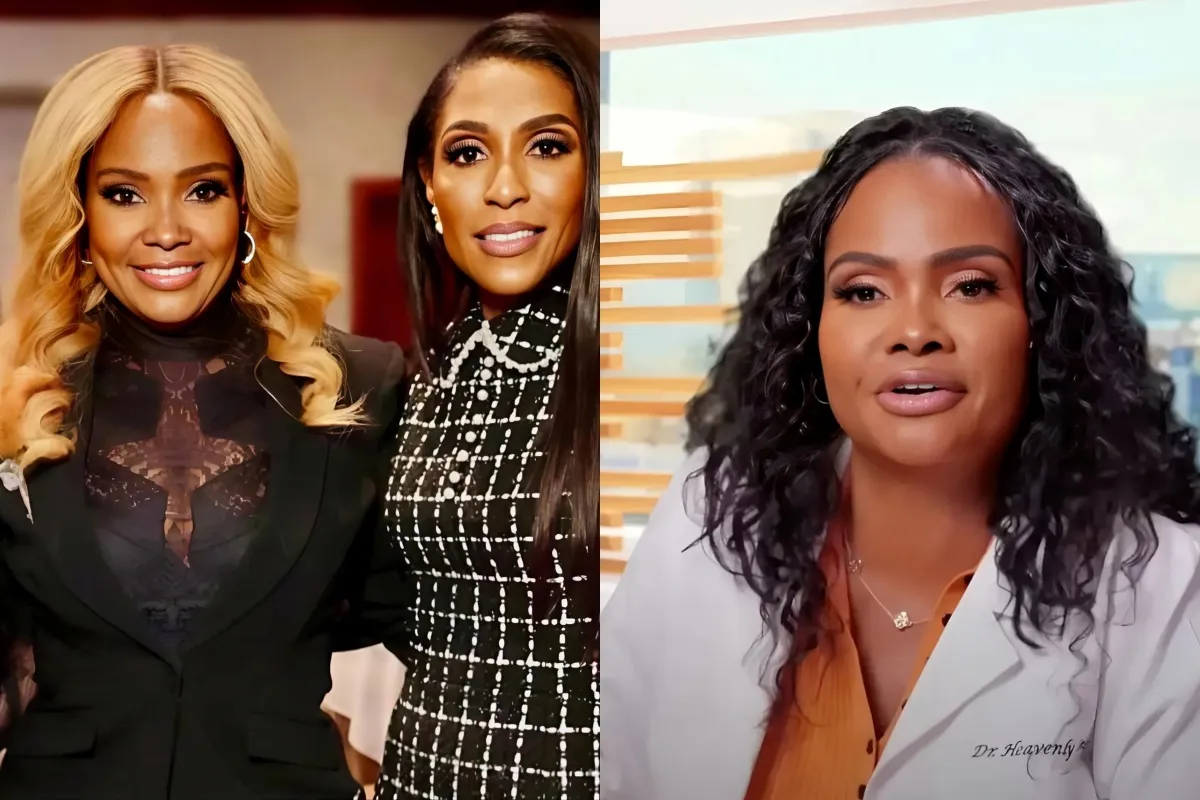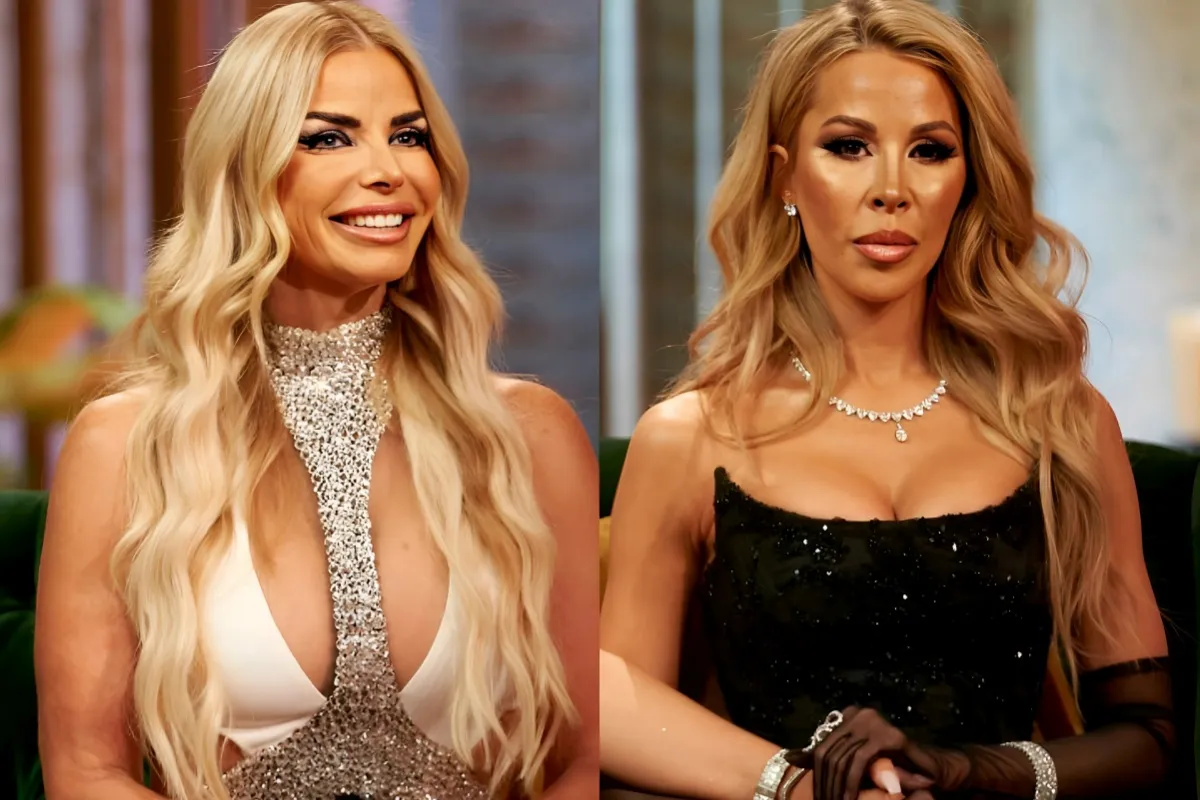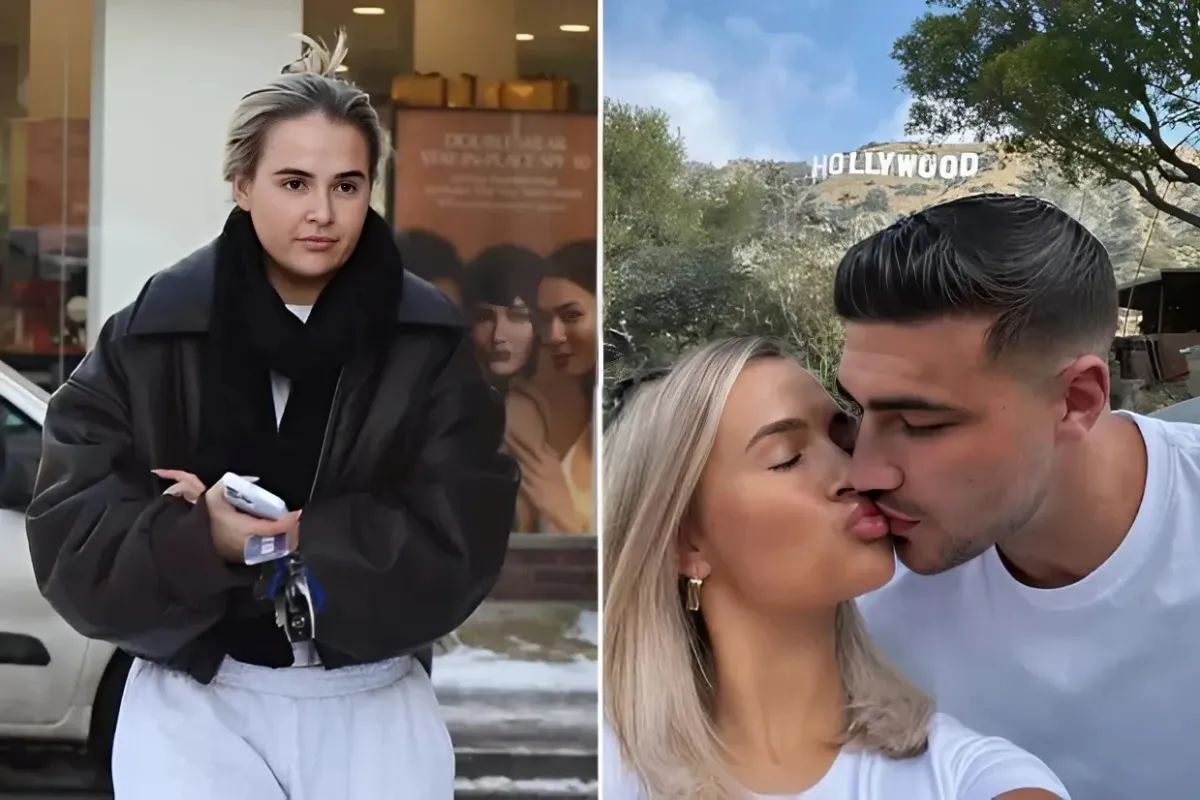Ellie Simmonds has taken on the agonising decision about whether or not she should have children - exploring the complications of passing on a fatal version of dwarfism.
The five-time Paralympic gold medallist, will look at why she might have to genetically engineer a foetus in her latest project for ITV called Ellie Simmonds: Should I have children?
The OBE and MBE will also consider the issues facing parents who are told their children will be born with disabilities.
Ms Simmonds, 30, has the least impaired version of achondroplasia (the official name for dwarfism) and her life has certainly been one of vast achievement.
From winning two golds aged 13 at the 2008 Beijing Games, appearing on Strictly Come Dancing in 2022, and becoming a sports pundit, her disability hasn't held her back.
But her dwarfism is relevant to any future decisions when it comes to starting a family because, as she says, 'I already know that gene changes led to my dwarfism and if I started a family, there would be a chance that I'd pass it on.'
'There could be complications with the spine, bowing of the legs, which can lead to reduced walking,' she explained to The Times.
In the past six months, Ms Simmonds has visited a clinical geneticist who specialises in achondroplasia.

From winning two golds aged 13 at the 2008 Beijing Games, appearing on Strictly Come Dancing in 2022 and becoming a sports pundit, Ellie Simmonds' disability hasn't held her back

The five-time Paralympic gold medallist, will look at why she might have to genetically engineer a foetus in her latest project for ITV called Ellie Simmonds: Should I have children?

In her latest project, the OBE and MBE will consider the issues facing parents who are told their children will be born with disabilities
The geneticist, Dr Melita Irving, advises on pre-implantation genetic testing (PGT), a technique that identifies genetic defects in embryos before they are transferred to the uterus.
Parents who choose to use PGT must commit to only a 'normal' embryo being placed back in the uterus.
That means if a couple with dwarfism chose to do this, their baby would not have dwarfism.
Ms Simmonds is currently single, living alone in her north London flat after breaking up with Matt Dean, who also had achondroplasia.
She has done a fertility test, which showed it is good and in the documentary confesses that she is unsure about whether or not to have children.
Like most women in their thirties, she considers whether she will freeze her eggs, be a mother or even adopt, just as she was adopted by a loving family near Walsall.
'My indecision is more about being a woman than about my disability,' she said.
If Simmonds were to parent with an average-sized partner, their baby would have a 50 per cent chance of having achondroplasia.

Her birth mother, who was badly served by post-natal care, gave Ms Simmonds to her adoptive parents at just 10 days old in Aldridge near Walsall

During her stint on Strictly Come Dancing she wanted to inspire others, aiming to give more representation to the dwarfism community

Ms Simmonds, 30, has the least impaired version of achondroplasia (the official name for dwarfism) and her life has certainly been one of vast achievement
But if her partner also had achondroplasia. There would be a 25 per cent chance of an average-sized child
There would then be a 50 per cent chance (the same odds as with an average-sized partner) of what is medically referred to as 'single dose dwarfism', which Ms Simmonds has.
And a 25 per cent chance of 'double dose dwarfism', from which foetuses or babies do not develop or survive.
For someone that is so proud to be a part of the disabled community, the decision to undertake PGT to prevent the possibly devastating outcome of 'double dose' dwarfism is an impossible dilemma.
'It would depend if [the father] was an individual with dwarfism or a non-disabled person,' she said.
'I'd never heard of PGT before now. But now I feel educated. I know it's there for me [if I want it] and to prevent the trauma of a double dose.'
In 2023, Ms Simmonds released a documentary where she tracked down her birth mother - it was so powerful the film won a Bafta.
Her birth mother, who was badly served by post-natal care, gave Ms Simmonds to her adoptive parents at just 10 days old in Aldridge near Walsall.

In 2023, Ms Simmonds released a documentary where she tracked down her birth mother - it was so powerful the film won a Bafta

During her stint on Strictly Come Dancing, the athlete praised her partner Nikita for helping to dispel myths that dance isn't for everyone

Ms Simmonds is a powerful advocate for disability rights, who is entering her thirties as a powerful woman
Ms Simmonds has now built a relationship with her birth mother and is a powerful advocate for disability rights, who is entering her thirties as a powerful woman.
During her stint on Strictly Come Dancing she wanted to inspire others, aiming to give more representation to the dwarfism community.
At the time, the athlete praised her partner Nikita for helping to dispel myths that dance isn't for everyone.
And for 'changing lives' of viewers with disabilities who may have believed that they couldn't dance.



